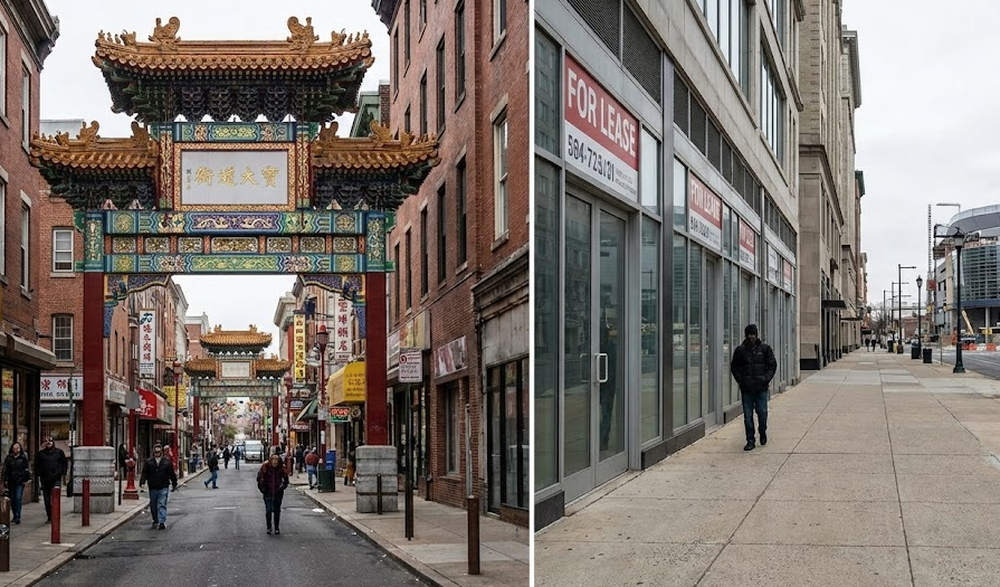PHILADELPHIA, PA - President Joe Biden announced during his visit to Angola that he has committed over $1 billion in humanitarian assistance to alleviate food insecurity and address other urgent needs in 31 African countries. This pledge has stirred a notable debate regarding prioritizing foreign aid over domestic disaster recovery, particularly in the aftermath of Hurricane Helene in North Carolina.
Biden's announcement comes at a time when North Carolina is still grappling with the devastation left by Hurricane Helene, which struck the region in late September, causing significant damage and loss. The federal response, coordinated through the Federal Emergency Management Agency (FEMA), has been a focal point of discussion, with FEMA grants to affected residents being reported as low as $750. This disparity in aid has led to criticism from various quarters, with some arguing that domestic needs should take precedence over international commitments, especially during times of crisis at home.
The U.S. aid to Africa, described as a move to support those displaced by droughts and food insecurity, underscores the ongoing U.S. commitment to global humanitarian efforts. This initiative, which includes funds from the U.S. Agency for International Development (USAID) and the U.S. Department of Agriculture, aims to tackle immediate crises and foster long-term development in partnership with African nations.
However, the timing and scale of this aid package have not gone unnoticed, especially by those in North Carolina who are still recovering. Congressional leaders have acknowledged the need for additional disaster relief funding, with requests last month amounting to $98 billion for areas affected by Helene. Yet, securing these funds remains under discussion, highlighting the complexities of balancing domestic disaster response with international aid commitments.
Local responses in North Carolina include state-led initiatives alongside federal aid. Discussions are ongoing about allocating resources to ensure a swift and effective recovery, with community leaders and residents advocating for more substantial federal support to rebuild lives and infrastructure.
This situation underscores a broader conversation about the U.S. government's role in global leadership versus domestic responsibility, particularly when natural disasters strike at home. The debate continues as both aid packages for Africa and disaster recovery efforts in the U.S. are scrutinized for their impact and timing.






